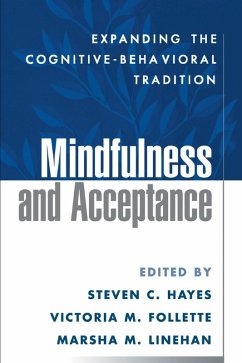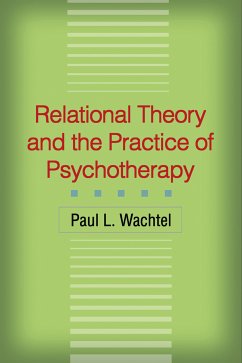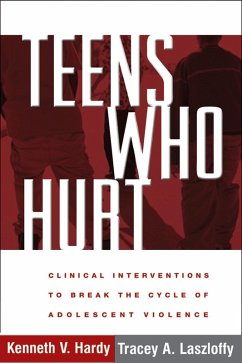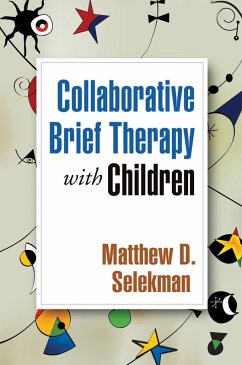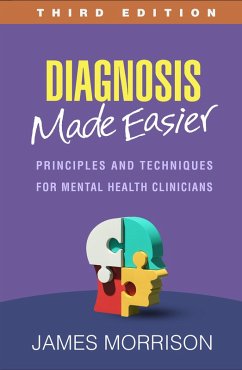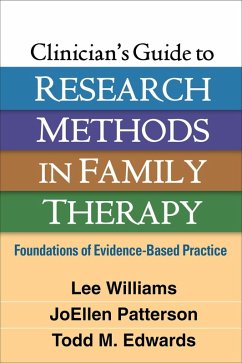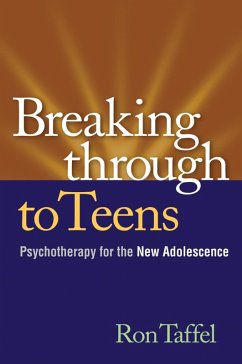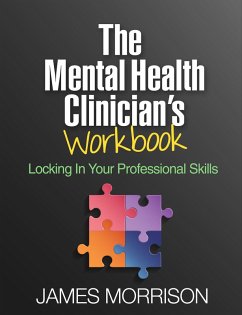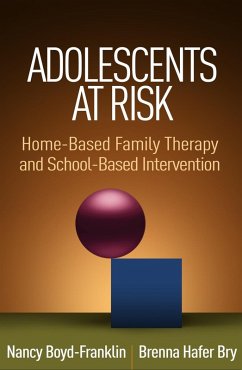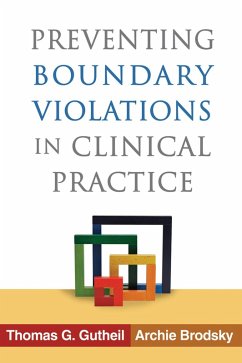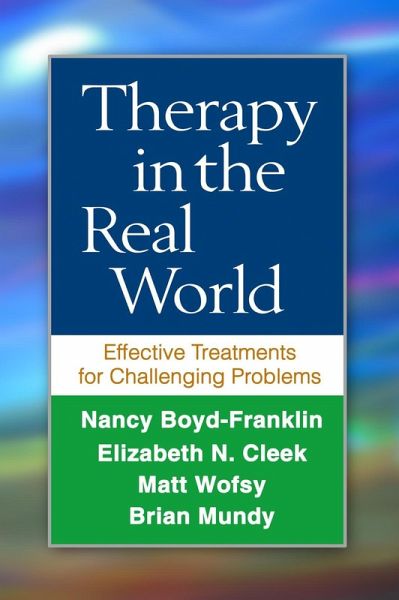
Therapy in the Real World (eBook, ePUB)
Effective Treatments for Challenging Problems
Versandkostenfrei!
Sofort per Download lieferbar
30,95 €
inkl. MwSt.
Weitere Ausgaben:

PAYBACK Punkte
15 °P sammeln!
Helping beginning and experienced therapists cope with the myriad challenges of working in agencies, clinics, hospitals, and private practice, this book distills the leading theories and best practices in the field. The authors provide a clear approach to engaging diverse clients and building rapport; interweaving evidence-based techniques to meet therapeutic goals; and intervening effectively with individuals, families, groups, and larger systems. Practitioners will find tools for addressing the needs of their clients while caring for themselves and avoiding burnout; students will find a clea...
Helping beginning and experienced therapists cope with the myriad challenges of working in agencies, clinics, hospitals, and private practice, this book distills the leading theories and best practices in the field. The authors provide a clear approach to engaging diverse clients and building rapport; interweaving evidence-based techniques to meet therapeutic goals; and intervening effectively with individuals, families, groups, and larger systems. Practitioners will find tools for addressing the needs of their clients while caring for themselves and avoiding burnout; students will find a clear-headed framework for making use of the variety of approaches available in mental health practice.
Dieser Download kann aus rechtlichen Gründen nur mit Rechnungsadresse in A, D ausgeliefert werden.
Alle Preise in Euro und inkl. der gesetzl. MwSt. | Innerhalb Deutschlands liefern wir preisgebundene Bücher versandkostenfrei. Weitere Informationen: bitte hier klicken
Support
Bitte wähle dein Anliegen aus:
Rechnungen
Bestellstatus
Retourenschein
Storno




